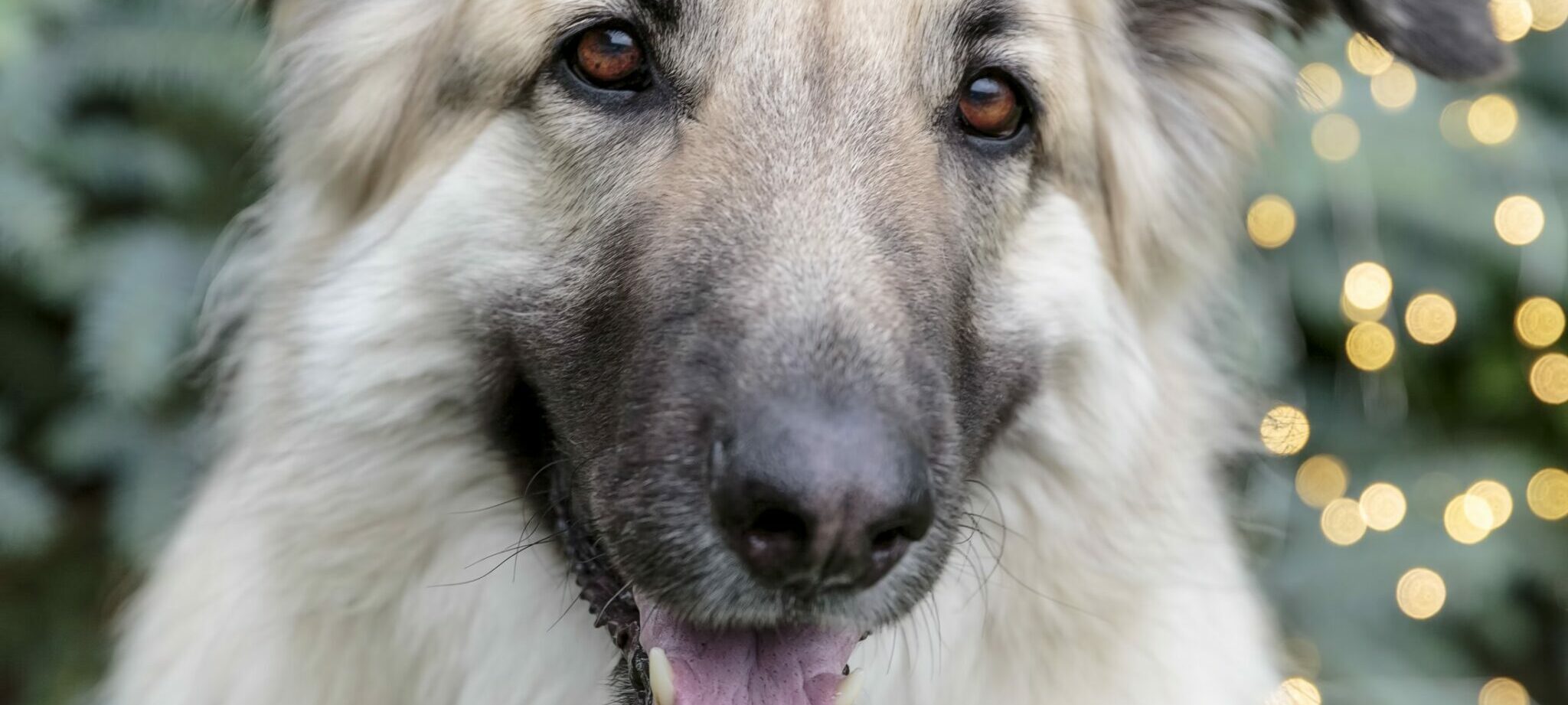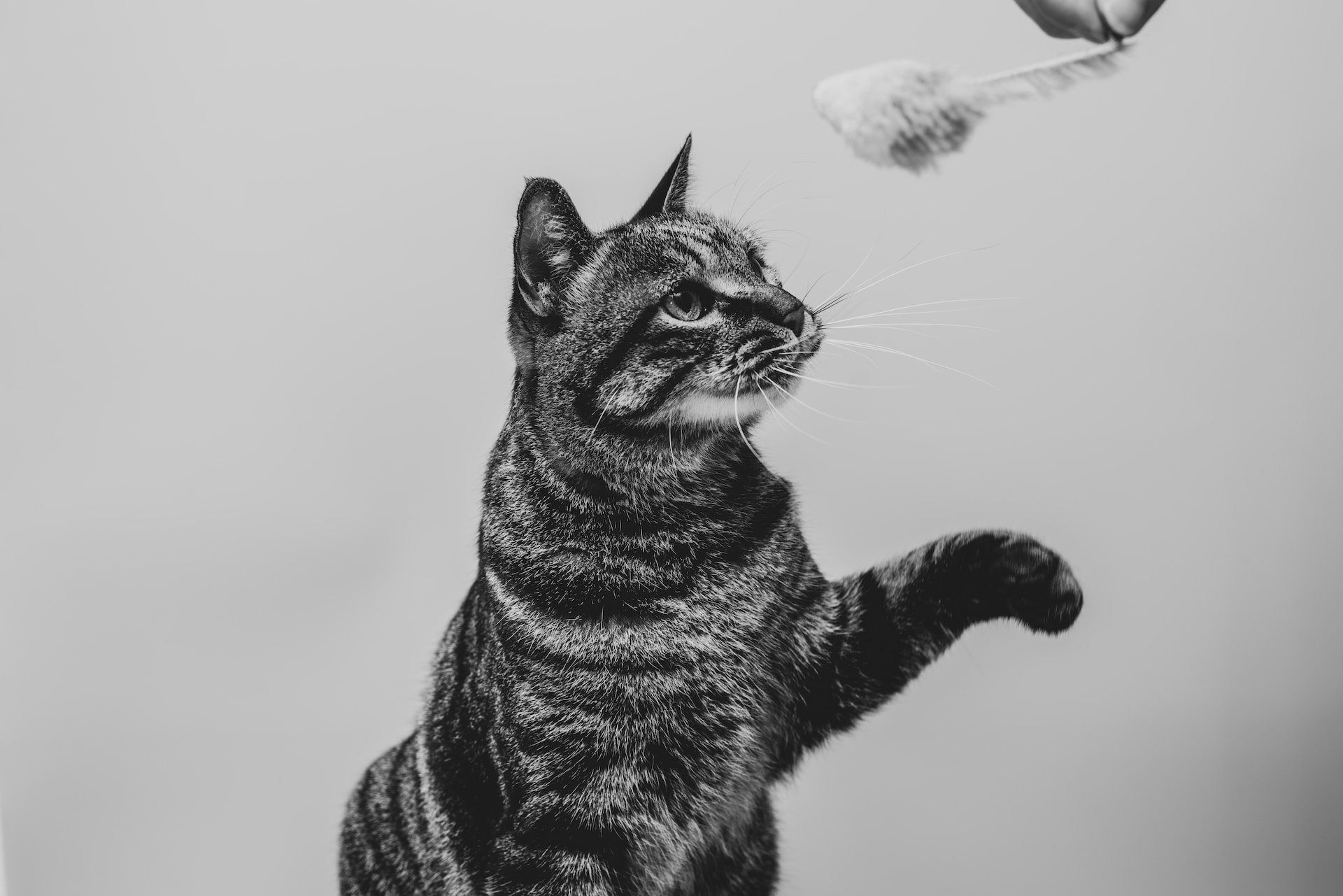24 Jun Chronic Contact Mucositis/Stomatitis in Dogs…Why Cleaning Teeth Makes No Sense
Chronic Contact Mucositis/Stomatitis (formerly called CUPS) is an extremely painful disease process in dogs. While the exact etiology is not fully understood, research has shown that the body is reacting violently to plaque on a tooth, which triggers an exaggerated response of an immunoglobulin (IgG)....





